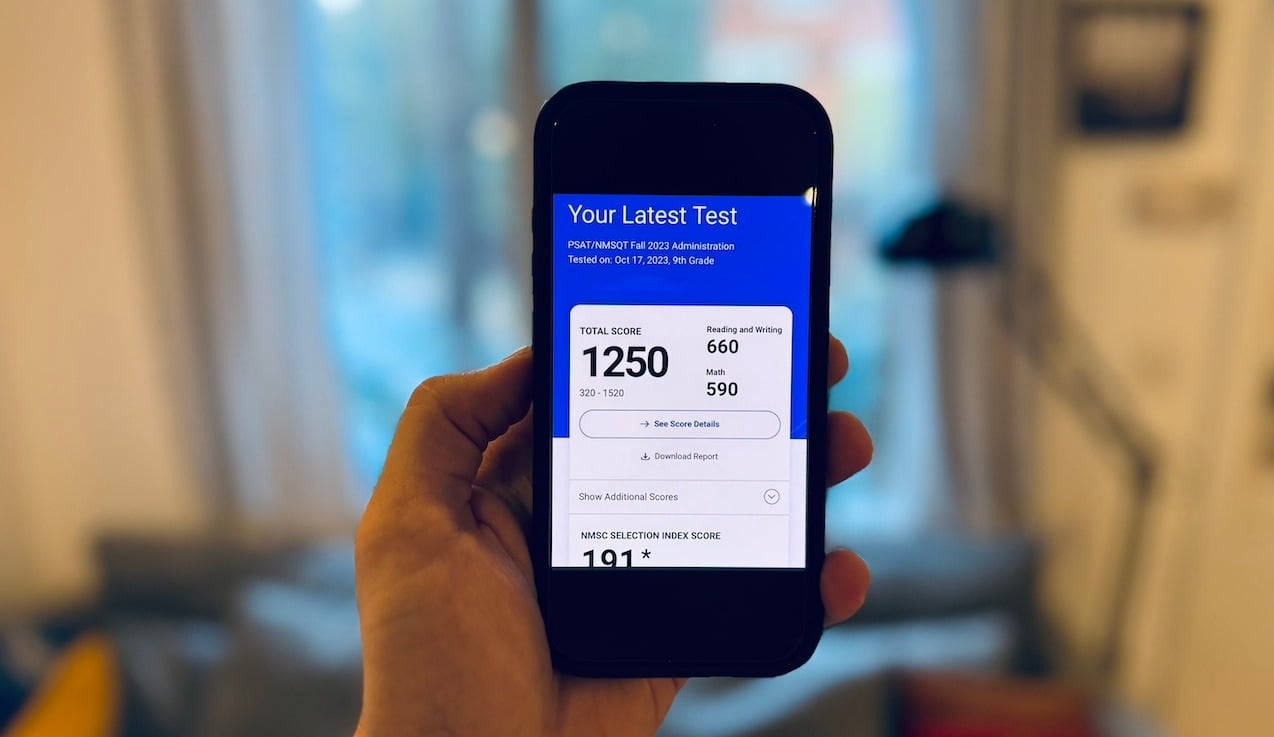| SUBJECT TEST |
RECOMMENDED FOR |
RECOMMENDED TEST DATE |
WARNING |
| Literature |
Best for students who want to major in English, Comparative Literature, or other Humanities-related majors. This is a test that you’re either perfect for or should avoid. Very strong readers and writers tend to do well on this test. They usually identify themselves as Humanities students. |
Second half of junior year or early fall of senior year. |
Not ideal for non-native English speakers. |
| U.S. History |
Ideal for students who took AP U.S. History. |
In June right after taking AP U.S. History. |
If you didn’t take the AP course, you will need to do extensive preparation for this test. |
| World History |
Ideal for students who took AP World History. |
In June of the year the student took AP World History |
If you didn’t take the AP course, you will need to do extensive preparation for this test. |
| Math Level 1 |
Students should have two years of algebra and one year of geometry before taking this test. |
Anytime after the student completes the recommended coursework. |
This test is almost obsolete. It is not nearly as respected as the companion test, Math Level 2. Not recommended for a student who wants to major in science, math, business, or engineering. But this can be a good choice for a student who does very well in math and is struggling to find another Subject Test to take. |
| Math Level 2 |
Strong math students who have completed two years of algebra, one year of geometry, trigonometry and precalculus. Particularly important for students who want to major in science, math, business, or engineering. |
Anytime after the student completes the recommended coursework. |
Not recommended for students who struggle in math. |
| Biology (Ecological) |
Strong biology students who plan to pursue biological communities, populations and energy flow. |
In June after extensive preparation. |
Not recommended for students who struggle in science. |
| Biology (Molecular) |
Strong biology students who took one year of Honors Biology (or the equivalent) and one year of AP Biology. Important if they plan to pursue biochemistry, cellular structure and processes in college. |
In June right after taking AP Biology. |
Not recommended for students who didn’t take the most challenging curriculum in biology and/or struggled in biology. |
| Chemistry |
Strong chemistry students who took one year of Honors Chemistry (or the equivalent) and one year of AP Chemistry. |
In June right after taking AP Chemistry. |
Not recommended for students who didn’t take the most challenging curriculum in chemistry and/or struggled in chemistry. |
| Physics |
Strong physics students who took one year of Honors Physics (or the equivalent) and one year of AP Physics. Colleges like to see this score for students who plan to major in physics or engineering. |
In June right after taking AP Physics. |
Not recommended for any student unless they are exceptionally talented in physics AND plan to major in physics or engineering in college. |
| French |
Strong French students who speak French at home and/or spent a considerable amount of time living in a French-speaking environment. |
At the height of the student’s language ability. For example, right after spending a summer or year abroad where they spoke the language. |
Students who just have exposure to AP French are not ideally suited for this test unless they have done extensive preparation. Also keep in mind that native French speakers will be expected to score near or at the 800 level at highly selective colleges. |
| French with Listening |
Ideal for more advanced French speakers. |
At the height of the student’s language ability. |
This is a more challenging test than the French Subject Test. Also keep in mind that native French speakers will be expected to score near or at the 800 level at highly selective colleges. |
| German |
Strong German students who speak German at home and/or spent a considerable amount of time living in a German-speaking environment. |
At the height of the student’s language ability. |
Students who just have exposure to AP German are not ideally suited for this test unless they have done extensive preparation. Also keep in mind that native German speakers will be expected to score near or at the 800 level at highly selective colleges. |
| German with Listening |
Ideal for more advanced German speakers. |
At the height of the student’s language ability. |
This is a more challenging test than the German Subject Test. Also keep in mind that native German speakers will be expected to score near or at the 800 level at highly selective colleges. |
| Spanish |
Strong Spanish students who speak Spanish at home and/or spent a considerable amount of time living in a Spanish-speaking environment. |
At the height of the student’s language ability. |
Students who just have exposure to AP Spanish are not ideally suited for this test unless they have done extensive preparation. Also keep in mind that native Spanish speakers will be expected to score near or at the 800 level at highly selective colleges. |
| Spanish with Listening |
Ideal for more advanced Spanish speakers. |
At the height of the student’s language ability. |
This is a more challenging test than the Spanish Subject Test. Also keep in mind that native Spanish speakers will be expected to score near or at the 800 level at highly selective colleges. |
| Modern Hebrew |
Ideal for native Hebrew speakers or students who speak the language at home or spent time in a Hebrew-speaking environment. |
At the height of the student’s language ability. |
Native speakers will be expected to score near or at the 800 level at highly selective colleges. |
| Italian |
Ideal for native Italian speakers or students who speak the language at home or spent time in an Italian-speaking environment. |
At the height of the student’s language ability. |
Native speakers will be expected to score near or at the 800 level at highly selective colleges. |
| Latin |
Ideal for strong students who took AP Latin. |
In June right after taking AP Latin. |
Not for the faint of heart. Do not take this test if you are just a casual Latin student. |
| Chinese with Listening |
Ideal for native Chinese speakers or students who speak the language exclusively at home and attend language school for proper writing. Time spent in a Chinese-speaking environment is an advantage. |
At the height of the student’s language ability. |
Native speakers will be expected to score near or at the 800 level at highly selective colleges. |
| Japanese with Listening |
Ideal for native Japanese speakers or students who speak the language exclusively at home and attend language school for proper writing. Time spent in a Japanese-speaking environment is an advantage. |
At the height of the student’s language ability. |
Native speakers will be expected to score near or at the 800 level at highly selective colleges. |
| Korean with Listening |
Ideal for native Korean speakers or students who speak the language exclusively at home and attend language school for proper writing. Time spent in a Korean-speaking environment is an advantage. |
At the height of the student’s language ability. |
Native speakers will be expected to score near or at the 800 level at highly selective colleges. |








.jpg)



